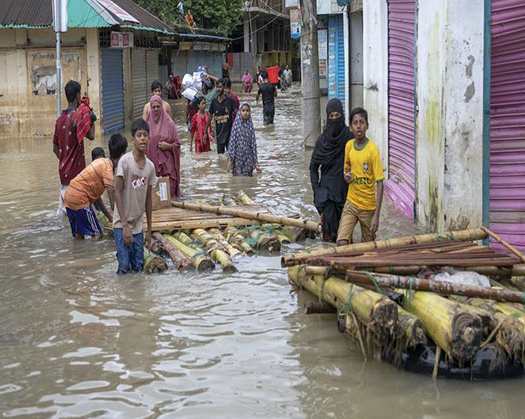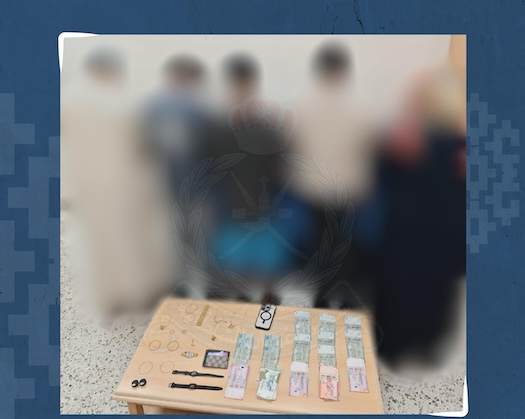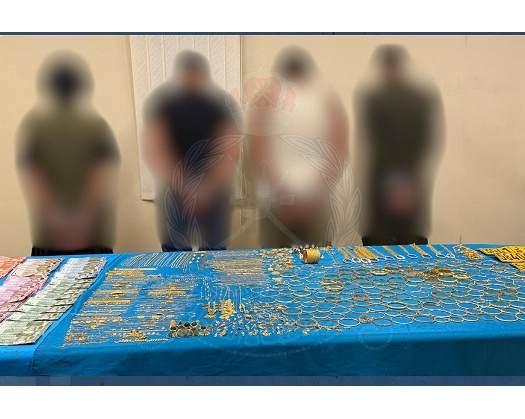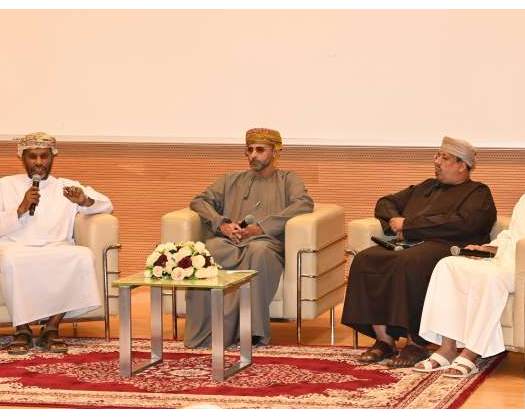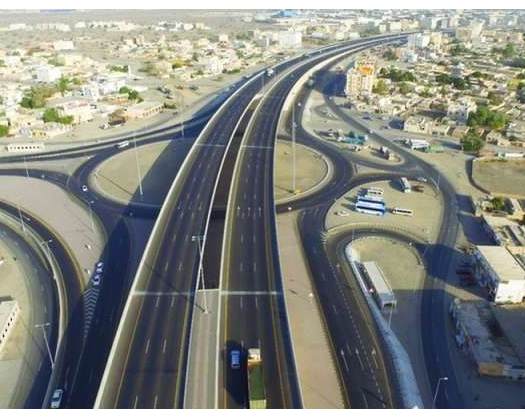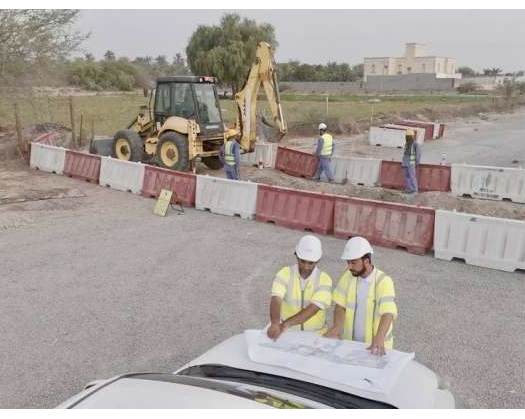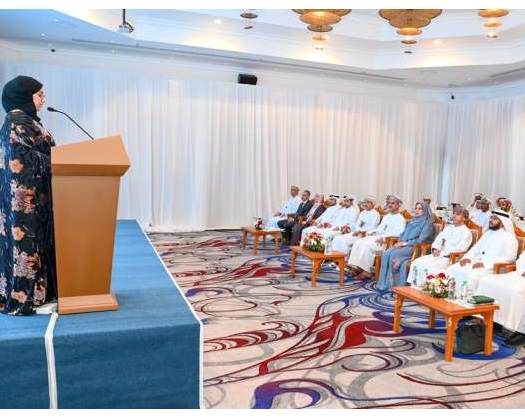Dhaka, Bangladesh: The nation is currently grappling with the severe impacts of the monsoon season, affecting over 18 million individuals, with more than 1.2 million families displaced, as reported by the United Nations.
In a statement shared on various platforms, the UN News Service highlighted, "The monsoon conditions in Bangladesh have led to over 18 million individuals being impacted, with over 1.2 million families displaced due to flash floods that have submerged extensive areas of the country's eastern and southeastern regions."
The United Nations Children's Fund (UNICEF) has identified Chattogram and Sylhet as the most severely affected areas, where major rivers are at "dangerous" levels, exacerbating the crisis.
The flooding in Bangladesh has had a profound impact on the population, with preliminary figures suggesting that five million individuals, including two million children, have been affected, with many left stranded without access to food and relief.
As of Tuesday, there have been twenty reported fatalities, and an additional 285,000 individuals have sought shelter in over 3,500 facilities, according to UNICEF. The floods have also caused significant damage to infrastructure, including roads, agricultural lands, and fisheries, severely affecting the livelihoods of the affected communities.
Government-led search and rescue efforts are in progress, with some areas proving inaccessible. UN partners in certain locations have reported that the water levels are not expected to recede for at least a week, leading to concerns over persistent waterlogging and the increased risk of water-borne and vector-borne diseases.
It is noteworthy that on August 25, there was partial restoration of electricity in Feni, Bangladesh, following a significant reduction in floodwater levels, as reported by the Dhaka Tribune.
Residents have reported that the water levels have receded significantly along Mohipal Road, and power is now available in various parts of Feni city, including the District Commissioner's Office and its surrounding areas.
A resident of Feni city, Mohammad Riazul Hasan, mentioned to the Dhaka Tribune, "The water levels in the municipal area have significantly decreased. However, there are reports of flooding in other areas."
Riazul noted that the canals in the downstream areas of Sonagazi were overflowing.
Volunteer rescue teams encountered a significant health issue, specifically foot fungus, as a result of extended exposure to water. The Dhaka Tribune reported that Abdullah Al Mamun, a volunteer from Feni, expressed their inability to reach Sonagazi on Friday, attributing this failure to the lack of access to speedboats.
Al Mamun further elaborated on the challenges faced by the rescue teams, highlighting the impact of power outages, known as load shedding, and intermittent mobile network coverage, which severely hindered communication efforts and consequently impeded the rescue operations.
On August 24, Bangladesh Chief Advisor Muhammad Yunus issued a call for collaboration among all stakeholders to mitigate health and food-related risks following the receding of floodwaters. The Dhaka Tribune also noted that the situation escalated in Chittagong on August 22, with nine upazillas under water and 45,916 families, housing 2,48,050 individuals, facing dire conditions.
Saifulah Majumder, the Chittagong District Relief and Rehabilitation Officer, disclosed that a total of 800 tons of rice had been designated for disaster relief, with 200 tons distributed to the affected regions.
Between August 19 and 21, the Feni city was inundated with over 3.5 lakh individuals, who found themselves stranded due to breaches in the city's defenses, as reported by the Dhaka Tribune.

